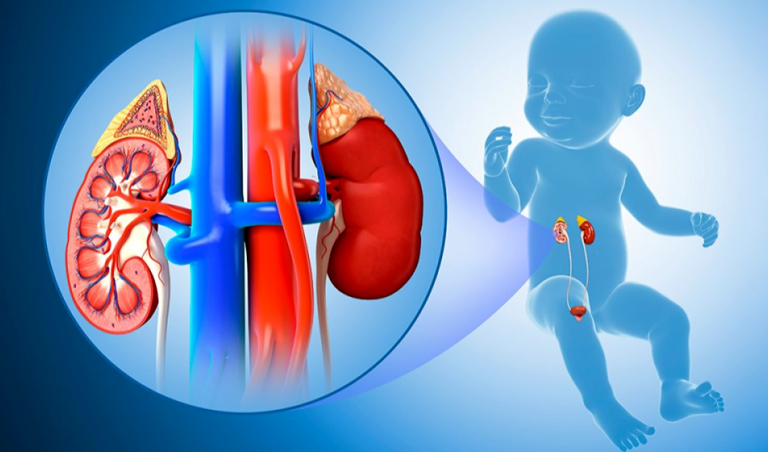Paediatric Urological Treatments
Bedwetting, also known as nocturnal enuresis, is a common pediatric urological condition characterized by involuntary urination during sleep, typically in children aged five years or older. While most children outgrow bedwetting without intervention, some may require treatment due to its impact on quality of life and self-esteem. Here are some pediatric urological treatments for bedwetting:
1. Behavioral Therapies
- Bladder Training: Encouraging the child to urinate regularly during the day and gradually increasing the interval between voids to improve bladder capacity and control.
- Fluid Restriction: Limiting fluid intake, particularly in the evening hours, to reduce the volume of urine produced during sleep.
- Scheduled Voiding: Establishing a regular toileting schedule, including waking the child to urinate once or twice during the night.
- Nighttime Alarm Systems: Bedwetting alarms are devices that sense moisture and emit a sound or vibration to awaken the child when wetting occurs, helping to condition them to wake up to urinate.
2. Medications
- Desmopressin (DDAVP): A synthetic hormone that reduces urine production and can be used to temporarily decrease bedwetting episodes, particularly in children with nocturnal polyuria (excessive nighttime urine production).
- Anticholinergic Medications: Drugs that relax the bladder muscle and decrease bladder contractions, reducing the urge to urinate during sleep. Examples include oxybutynin and tolterodine.
3. Pelvic Floor Exercises
- Kegel Exercises: Pelvic floor muscle exercises may help strengthen the muscles responsible for bladder control, improving urinary continence in some children.
4. Dietary Modifications
- Avoiding Irritants: Limiting or avoiding caffeine-containing beverages and foods that may irritate the bladder, such as citrus fruits and spicy foods.
- Increasing Fiber Intake: Ensuring an adequate intake of dietary fiber to prevent constipation, which can exacerbate bedwetting.
5. Psychological Support
- Counseling: Therapy may be beneficial for children experiencing emotional distress or low self-esteem due to bedwetting, helping them cope with the condition and develop strategies for managing it.
Summary
Pediatric urological treatments for bedwetting aim to improve bladder control, reduce nighttime urine production, and alleviate associated emotional distress. Behavioral therapies, such as bladder training and bedwetting alarms, are often the first-line approach, followed by medications or other interventions if needed. It's essential for parents and caregivers to consult with a pediatrician or pediatric urologist to determine the most appropriate treatment plan tailored to the child's specific needs and circumstances. With appropriate intervention and support, many children can achieve dryness at night and overcome bedwetting successfully.

